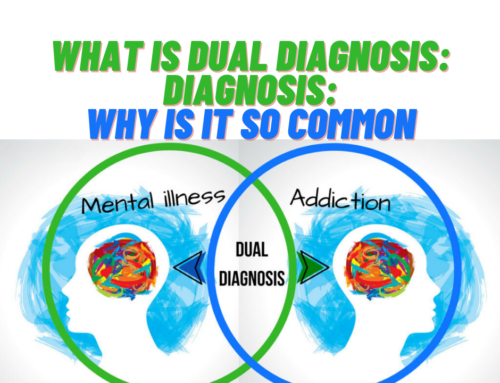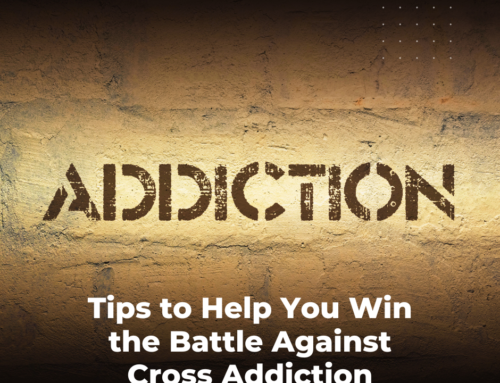Knowing what to say when someone has lost a loved one to addiction can be difficult. Even though what you say to that person may not make the situation better, saying the wrong thing can be very hurtful. Providing compassion and understanding to someone suffering this kind of a loss is very important. Therefore, knowing what to say versus avoid saying is crucial.
Do Not Judge the Griever
A direct judgment grievers may receive is that they could have stopped their loved one from using drugs. An indirect judgment might imply that they never knew how to handle their loved one’s addiction. Neither of these judgments is helpful, as no amount of words are going to bring back someone who has lost their life to substances. Statements like these usually only make the griever feel worse, as they create guilt and shame. Instead, remind your loved one that they did the best they could and that addiction is a phenomenon that is beyond their control. Create space for them to grieve and offer love and support.
Do Not Judge the Addict
You may feel like supporting your loved one requires reminding them that their addict betrayed their trust and didn’t treat them right while they were alive due to their addiction. However, these kinds of statements tend to do more harm than good. Your loved one is grieving and wants to remember the good things about the one they’ve lost. Telling your loved one that the person they lost was cruel, thoughtless, or weak is disrespectful and usually only causes resentment. Instead, try and see your loved one’s loss through their eyes. Hold back your personal judgments and opinions, and try talking to them and listening to what they have to say.
Do Not Tell the Griever That it Was Meant to Be
Saying that the death of a person with addiction was part of a Higher Power’s plan makes it seem like a Higher Power intended for misery to occur as some sort of punishment for wrongdoing. Statements like these can feel invalidating, creating frustration and confusion. Unless the grieving individual asks for your opinion on the matter, it is best to keep your religious beliefs to yourself during their grieving process.
Do Not Give Advice If the Griever Does Not Ask For it
Giving advice when it has been asked for is one thing. However, offering your suggestion when it has not been sought out can feel bothersome and overwhelming. Furthermore, if your advice ends up being incorrect, it can cause problems in your relationship with the griever. The best thing you can do is be there for your loved one, without offering up your opinion.
Losing someone to addiction can be very sad and confusing. Knowing exactly what to say or how to show up for a friend or family member who is experiencing this kind of grief can be difficult, especially if you lack personal experience with the issue. When you confront your loved one about their loss, remember to be careful with what you say, so as to avoid making a tragic situation worse. At Alta Loma, we can teach you all about addiction as well as the recovery process. Our transformative treatment center located in Georgetown, Texas can bring you useful resources to help anyone in their recovery from addiction. Our services include introductions to 12-step programs, life, and coping skills education, family treatment, and more. We understand that losing someone to addiction is never easy. If you or a loved one is suffering from addiction, we can help you to prevent that loss from ever happening. Call us at (866) 457-3843 to learn more.



